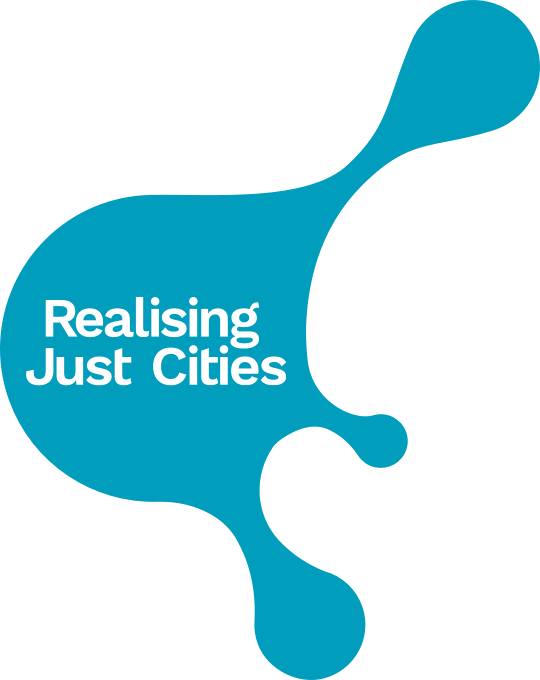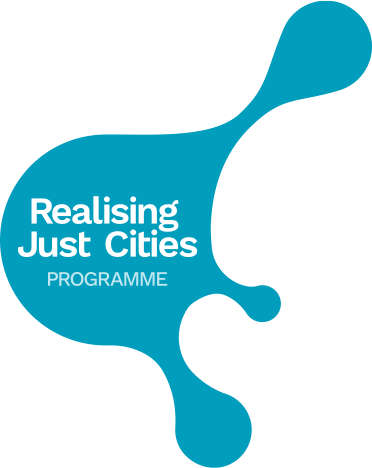Sharing, Learning, Connecting: Gothenburg exchange, 12-15 March 2019
In March 2019, an 11-person delegation travelled from the UK to the Swedish city of Gothenburg for a learning exchange, supported by Jam and Justice and Mistra Urban Futures.
Iona Hine, ESRC Impact Officer for Jam and Justice, reports:
With 11 people in the delegation, we must have had at least 12 reasons for taking part in the exchange. When the Greater Manchester group met for a pre-trip briefing, we identified three core goals:
- Sharing experiences and findings from Jam and Justice’s action research (including testing some Developing Co-Productive Capacities resources)
- Learning about and from what’s happening in other city regions
- Connecting up to enable future “trans-local learning”
The trip paired Mistra Urban Futures’ ethos for international exchange with Jam and Justice’s own commitment to extending our learning and its impact through comparison with other urban settings. The delegation included representatives from different UK Combined Authorities (some of whom had not met before) as well as researchers from the Jam & Justice project, so that we could share reflections and learn from each other, and encounter new examples of collaboration between academics and public sector bodies in Gothenburg.
Delegates from the Greater Manchester and West Midlands Combined Authorities helped Jam & Justice co-deliver sessions about co-producing urban governance with citizens and the civil sector, recognising steps taken so far in the Developing Co-Productive Capacities programme, supported by Mistra Urban Futures. Members of the Action Research Collective shared reflections on specific ARC projects and on how learning from Jam and Justice is influencing their own wider work.
The overall programme was planned to include time to connect together, as well as opportunities for knowledge exchange with partners in Gothenburg.
Naturally, not everything ran according to plan:—Storm Gareth affected the travel for the core delegation, so that we lost the opportunity of a field trip to Gardstensbostader, an outlying suburb revived by a combination of public funding and the commitment of local residents. Contacts at the Gothenburg end put in extra effort to provide an ad hoc walking tour in the Gamlestan district once everyone had arrived. Thankfully, the main workshop arrangements were able to proceed according to plan, with a fruitful exchange in evidence.
Addressing senior planners from across the Gothenburg Region, Fiona Bottrill set the scene by reflecting on how much her work for the West Midlands Combined Authority has required building cross-sector relationships, making the case for essential co-production within this city-regional context.
ARC member Andrew Burridge spoke about his involvement with The Care at Home Inquiry, and how he had been encouraged by the curiosity and warmth with which the GM Health and Social Care Partnership responded to the work. He also shared insights from the Councillors project.
Community Pride CIC founder Sarah Whitehead missed the Spirit of Salford awards ceremony to join the delegation. She delivered an empassioned account of her involvement with the Salford Poverty Commission, and spoke about how taking the Everyday Politics exhibition and resources on tour has encouraged others in her networks to reconnect with traditionally disengaged communities.
GMCA policy officer Anne Lythgoe shared her experience as a participant in the People’s Procurement ARC project, telling an audience at Gothenburg City Hall that she and colleagues in the GMCA are “now changing policy at the city-regional level, informed by the project report”.
ARC member Adrian Ball spoke about how becoming part of the Action Research Collective influenced his policy and practice as chief executive of the community organization Manchester Settlement:
“We want the people we help to get involved in helping others, creating cycles of community change. So we consult, and co-design packages of support, build on people’s strengths. We get them active in their own lives and then in the lives of other people in the community. Bits of that approach were always there, but Jam and Justice has reinforced the articulation of this approach and my understanding of the ‘cycle’ we want to achieve. That’s very much a sustainable outcome from the Jam and Justice programme.”
Jam and Justice co-investigators, Beth Perry, Liz Richardson and Catherine Durose took it in turns to share key aspects of the research findings. This included the “TERRAPINS” digest from Liz and Catherine’s edited book (pictured) and a framework for locating opportunities for co-production, in terms of power and openness, produced by Beth for the Developing Co-Productive Capacities programme.
Responding at the end of the first day of workshops, a representative from Gothenburg Region advised that:
“the Jam and Justice tools supplied an analytical framework I hadn’t realised we were missing—tools we can now use to plan which methods of co-production to use where”.
Several of those participating in workshops left the sessions with concrete ideas for new projects, and we’ve already heard news of active policy revision in the West Midlands.
We look forward to sharing more sustained reflections from the range of participants—including GMCA policy officer David Rogerson, and Claire Spencer, the WMCA’s Inclusive Growth policy officer—as part of our trans-local learning series.
About Mistra Urban Futures
The delegation was cross-funded by Jam & Justice’s partner universities (Sheffield, Manchester and Birmingham), and Mistra Urban Futures (MUF). An international research project committed to sustainable urban development through co-production, Mistra Urban Futures has Local Interaction Platforms (LIPs) in South Africa (Cape Town), Kenya (Kisumu), Sweden (Gothenburg, Stockholm, Skåne) and the UK. They have been funding co-production work in Greater Manchester since 2012, with Sheffield added to the portfolio as the UK lead, Prof. Beth Perry, moved to the University of Sheffield’s Urban Institute in 2016.
Swedish language reports about the workshops with Gothenburg Region can be found here:
- Opening item in Mistra Urban Futures newsletter: "How do we solve common challenges through municipal partnership and co-creation?"
- Report from morning workshop with Gothenburg Region planners (includes link to download slides).
- Report from afternoon workshop with Gothenburg Region (PDF).




